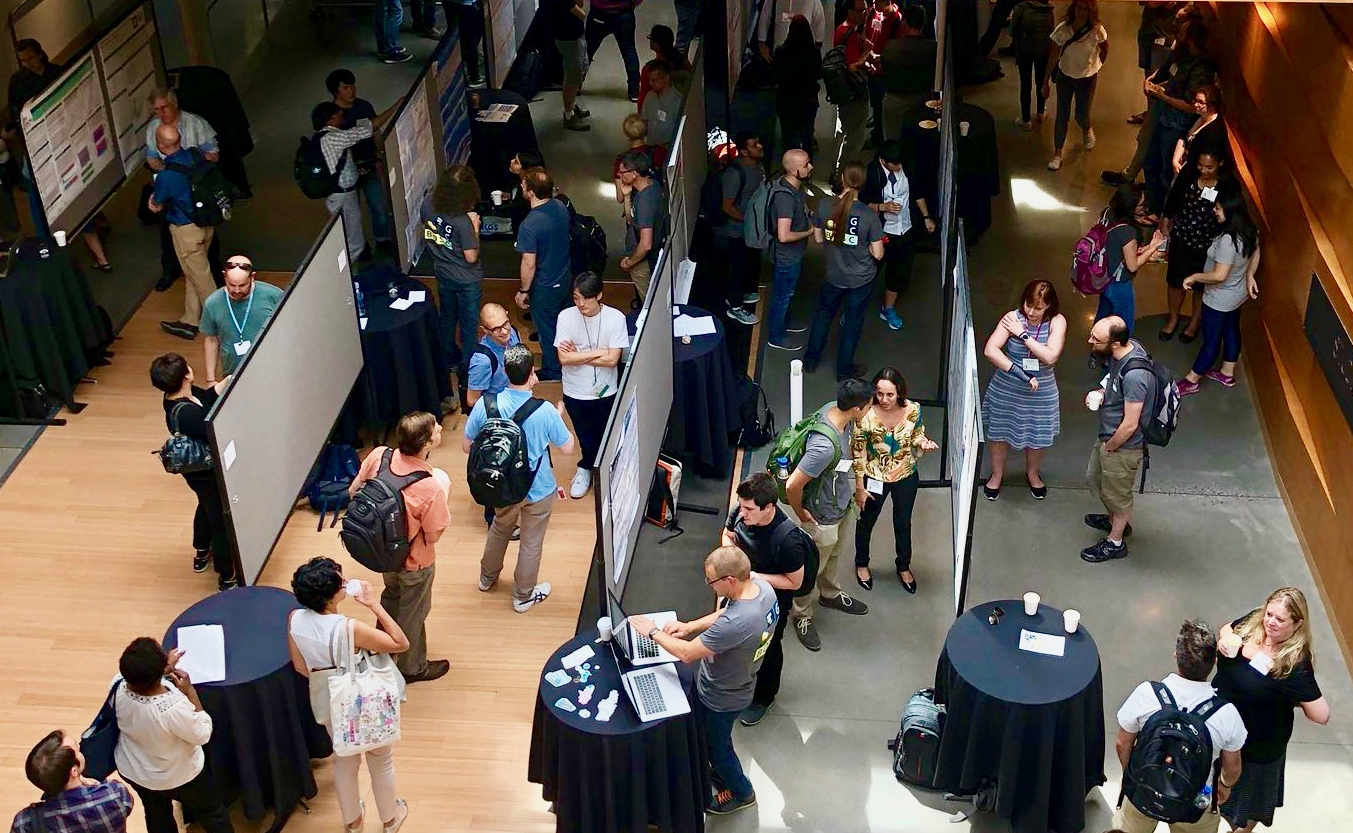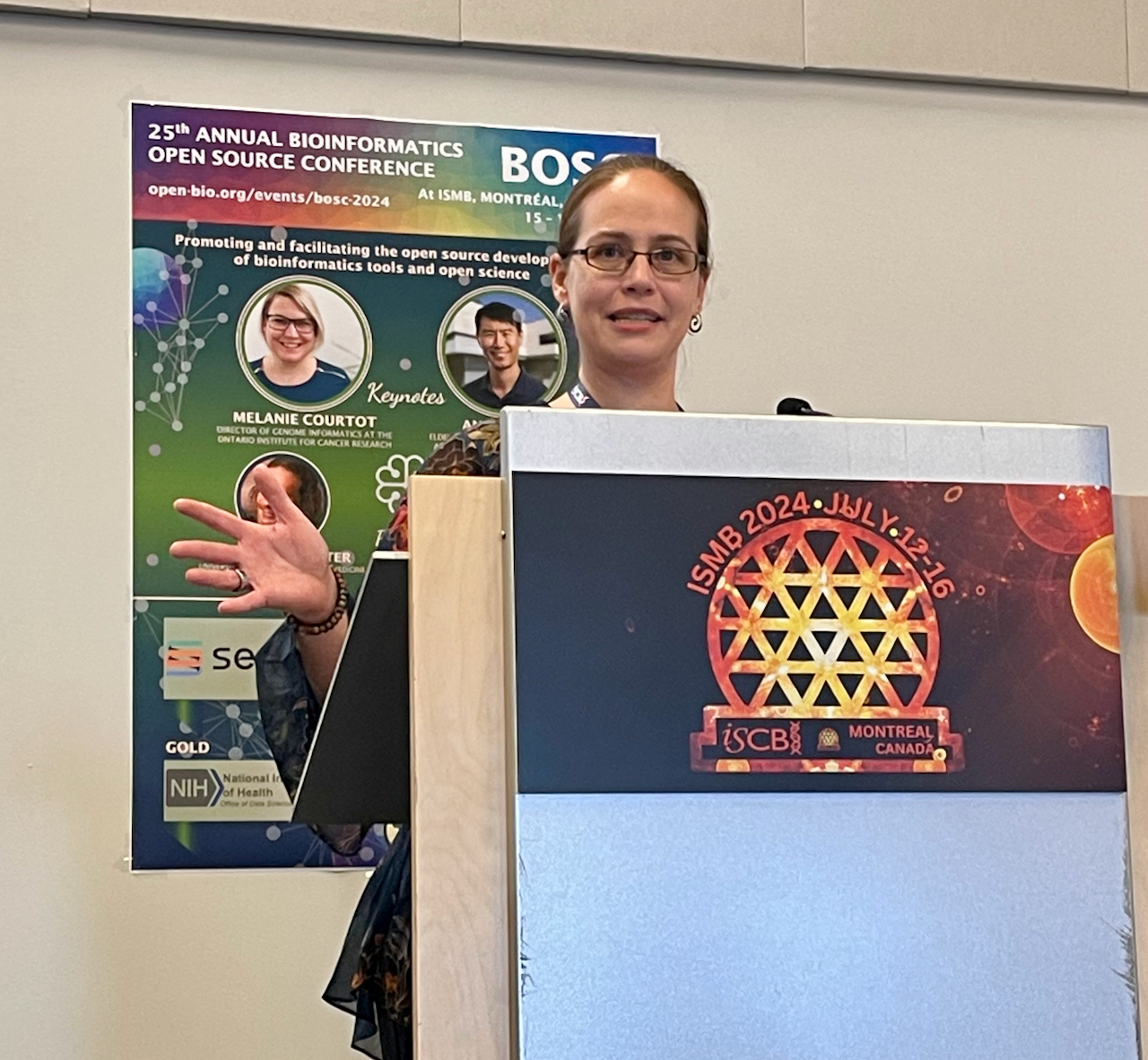This is a guest post from Mihai Popescu, a GSoC student with CWL, which participates under the OBF umbrella. Cross-posted on the CWL forums: https://cwl.discourse.group/t/working-on-a-cwl-toil-project-with-the-open-bioinformatics-foundation/390
I am Mihai Popescu, a second year master student at VU Amsterdam in Parallel and Distributed Computer Systems. I am happy that my GSoC proposal got accepted and that I have started working on the project. I attended some CWL meetings since I submitted the proposal and I got to know a small part of the community. I would like to thank my mentor Michael for introducing me to the CWL community and answering a lot of my questions about workflows.
[Read More]


 OBF students and mentors at an OBF kickoff call
OBF students and mentors at an OBF kickoff call